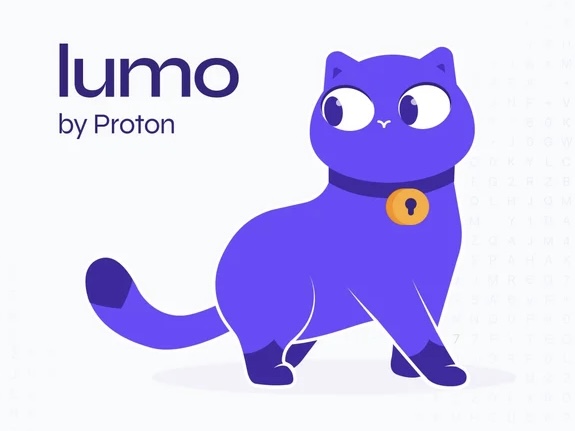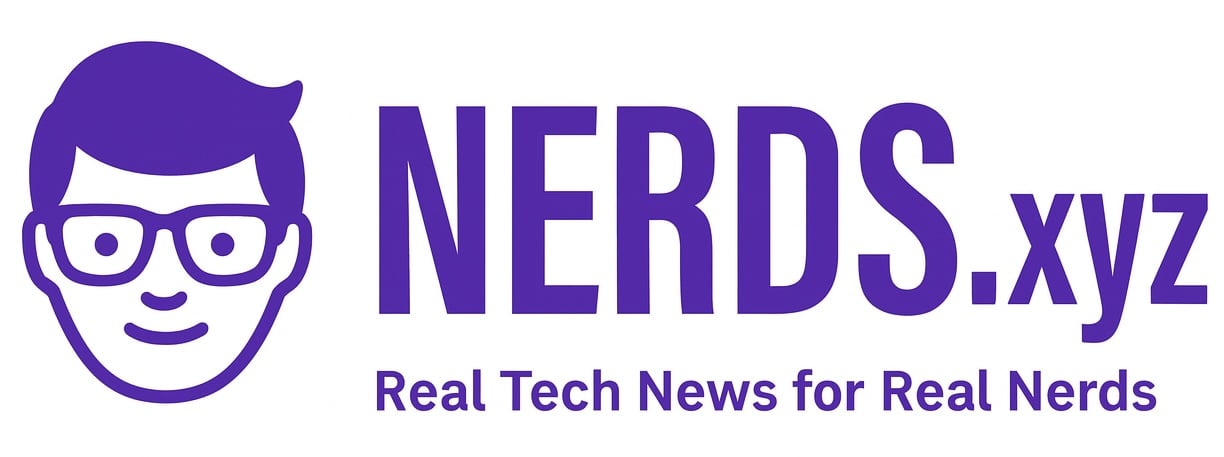
It feels like every new AI assistant comes with the same hidden cost. Sure, it can write your emails and summarize your documents, but it also quietly logs everything you say, stores it on a server, and feeds it into a model you have no control over. Your data becomes fuel for training, and your privacy becomes a product.
That’s why Lumo stands out. It’s a new AI assistant from Proton, the company behind Proton Mail and Proton Drive, and it’s built from the ground up with privacy at the core. It respects the user. It protects your data. And it doesn’t feel like it’s trying to sneak anything past you.
Lumo doesn’t even require an account to use it. You just go to lumo.proton.me and start typing. If you do decide to log in with a Proton account, your chat history gets saved with zero-access encryption. That means the history syncs across devices, but Proton can’t read it. No one can, except you. If you’d rather not save anything at all, you can switch on ghost mode and your chats will disappear the moment you leave the session.
The tool can handle a lot of tasks. You can upload files, ask complex questions, get summaries, or use it to search the web. But unlike most AI services, nothing you share is used for training. It’s not stored or sent off to some third party. It just works, then it forgets. That’s exactly how privacy should function.
Lumo also integrates with Proton Drive. So if you already store documents there, you can easily pull them into a conversation. The same level of encryption applies. Your files stay protected from start to finish.
The model itself is open source and runs on Proton’s own servers in Europe. That’s an important distinction. This isn’t another frontend for OpenAI or some Chinese-language model behind the scenes. Proton is doing the work itself and keeping everything local. The company says your queries never leave its European infrastructure, and it has no intention of ever partnering with companies that treat privacy as optional.
Proton is also making big moves to ensure that this infrastructure stays secure. Due to new surveillance proposals in Switzerland, the company is shifting most of its backend operations into the European Union. The goal is to keep Lumo and other Proton services out of reach of laws that could compromise user privacy. This shift is part of a broader push to build what Proton calls the EuroStack, which is a sovereign tech ecosystem rooted in European law and values.
The company is planning to invest over €100 million into that move. That’s a serious commitment, and it signals that Proton sees Lumo as more than just another product. It’s part of a mission to reshape how tech companies treat user data.
Personally, I think this is the kind of innovation we need more of. Too many AI companies have taken the easy route, such as promising convenience while collecting more data than anyone really needs. Lumo shows that it doesn’t have to be that way. You can have powerful AI tools without giving up control over your digital life.
Lumo is not perfect, and it’s still early days. But if you care about privacy, it’s easily one of the most promising AI assistants on the market right now. I wish more companies would take this kind of approach. Privacy shouldn’t be something we have to beg for… it should be the standard.
If you want to try it, you can do it right now. Just head to the site, start typing, and see what it can do. No strings attached.

